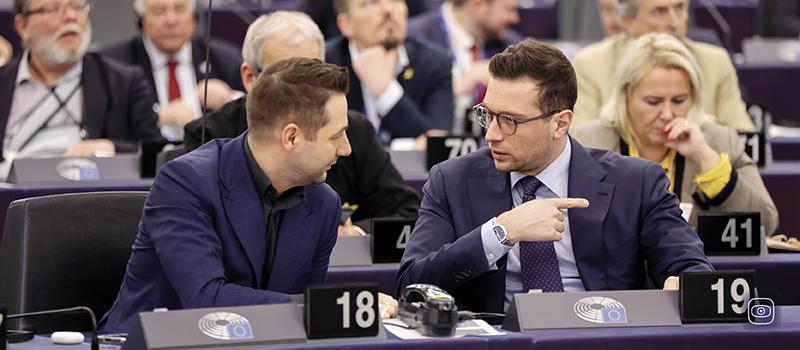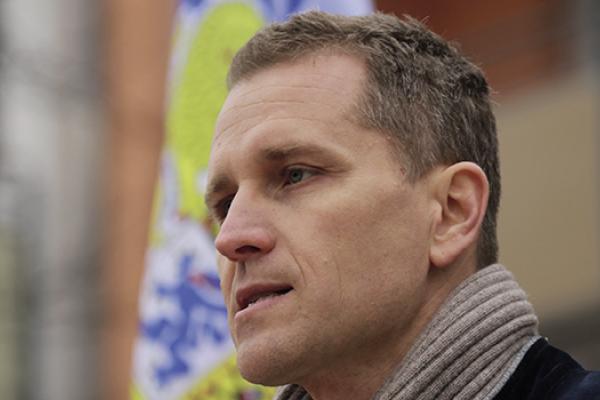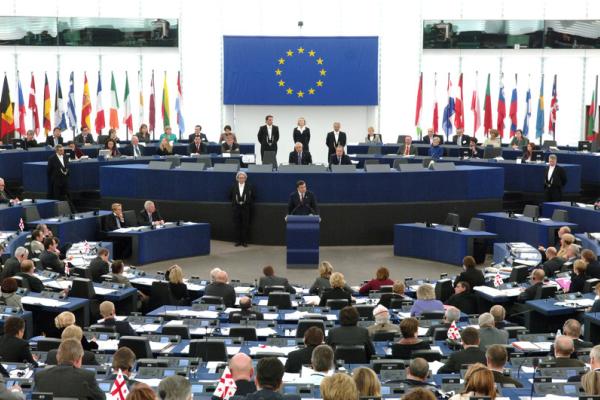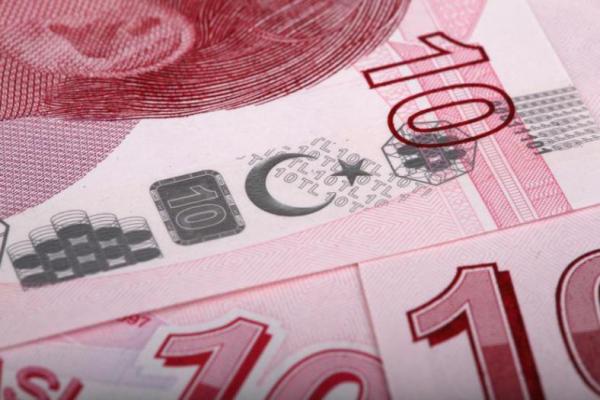Following the most recent EU elections, the far right has gained an unprecedented level of influence within the European Parliament. Having won 187 out of 720 seats, they now have an unparalleled opportunity to influence the direction of European politics. An alliance of far-right groups (PfE, ECR and ESN) and the European People’s Party (EPP), dubbed the 'silent majority', is increasingly targeting the Green Deal, decarbonisation targets and EU environmental regulations.
Hard-right parties, particularly the ECR, were once confined to the margins of Parliament, but are now exerting a growing influence over Europe’s climate agenda. This shift marks a move away from traditional climate denial towards what scholars refer to as 'discourses of climate delay'. Rather than disputing climate science or the scientific consensus, these parties now focus on delaying, dismantling or reversing climate policies. While they acknowledge climate change, they frame climate action as economically harmful, ideologically driven or unfair, offering no credible alternatives.
While the European People’s Party no longer seeks the wholesale abandonment of the Green Deal, its collaboration with the far right is already yielding tangible results. In November, the Deforestation Regulation was postponed with the support of the far right. Then, in April, the “silent majority” delayed the implementation of two flagship laws on corporate sustainability reporting. By June, they had launched a campaign of accusations against EU-funded environmental organisations. Their next target is the Omnibus package — a far-reaching initiative that aims to roll back a range of environmental and climate laws in the name of European competitiveness.








